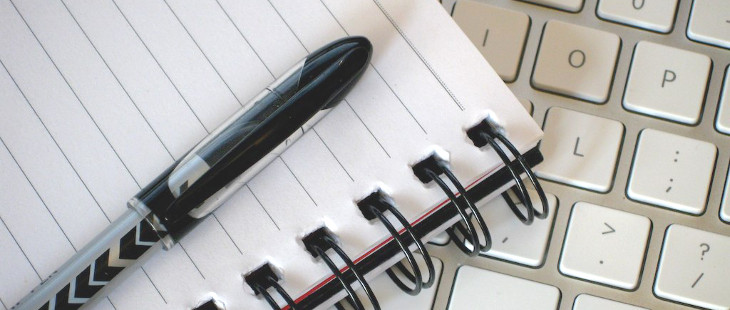Writing Wrongs
Many people write in response to past and present injustices: journalists, creative writers, academics, campaigners, lawyers, historians, philosophers, sociologists. They may write to seek redress or to change policy, or they may simply want to bring wrongs to public attention.
But to do so, they face some common problems:
- What forms of writing are appropriate?
- Which are possible?
- What ethical and political sensitivities and sensibilities are constraining? Are any liberating?
- What skills do they need to develop to write effectively and well?
The Writing Wrongs Project brings together academics, journalists, writers, artists and students (from school and university) from all these intersecting disciplines and provides a permanent nucleus where we can develop - publish - exchange - share - our creative writing about wrongs.
Further Information
Lacuna is an online Magazine published by the Centre for Human Rights in Practice which challenges indifference to suffering and promotes human rights. Its aim is to fill the gap between the short-term immediacy of daily journalism and long-term academic analysis. It was launched in February 2014. Key themes so far have included war and peace, austerity, protest, women, legal aid, housing, migration and Europe. Contributors to date include Jon Snow (Journalist and Presenter of Channel 4 News), Rebecca Omonira-Oyekanmi (shortlisted for the Orwell Prize for Journalism 2015 and the 2016 Georgina Henry Women in Journalism Prize for Innovation), Prof. Andrew Williams (winner of the Orwell Prize for Political Writing 2013) Prof. Maureen Freely (novelist and president of English PEN), Amana Fontanella-Khan (Author of the "Pink Sari Revolution") and acclaimed author A.L. Kennedy amongst others.
Lacuna provides commentary, reportage and expert analysis that uncovers issues of injustice and human rights abuses. We review the best books, articles, films, music, art, theatre connected to these issues; bring to life the wider and deeper aspects of a specific theme of justice; offer stimulus, advice and ideas for writing and campaigning for human rights; and encourage and support unheard voices. All forms of writing and visual art will be considered: fiction, non-fiction, poetry, film, animation, photography. All content sits loosely within the theme of human rights, whether it sets out to challenge indifference to suffering, inspire action for change, promote wider understanding of complex rights issues or shine a light on injustice.
We welcome unsolicited submissions and proposals from both new and established writers. We are committed to supporting new writers. This could be students and other people just starting out in their field, who might value feedback and assistance in developing their work. We will also support experienced writers who are learning how to write for new audiences; for instance, academics interested in translating their research for a wider audience. Where possible, we will work with prospective authors to help them improve and develop their work.
There are also regular opportunities for students to get involved with Lacuna Magazine.
A masters module available to students of the LLM in International Development Law and Human Rights in the Law Department and the MA in Writing was launched in January 2012.
The module consists of two strands: the first examines the ethical and practical elements of writing about human rights or social injustice in varying contexts and media, looking at classic and contemporary non-fiction and fiction. The second offers a chance to investigate and write about topics of the student's own choosing. Along the way we also examine writing on selected contemporary crises to illustrate questions of technique, competing political and media agendas, ethical dilemmas and legal constraints that those writing about injustice commonly face.
Find out more about this module here.


